Crossposted on Medium.
By Sandra Fish & Katherine Crowe
Immigration is nothing new to the United States.
It is often said that we’re a nation of immigrants.
Much of the focus in the U.S. is on current immigration trends — Central American families at the border with Mexico, Somali refugees in Greeley, protests at Auora’s ICE detention center.
And Migrahack at University of Denver on Sept. 27 and 28 will definitely offer an opportunity to explore what’s going on now with immigration in Colorado. Registration is free (and there’s food!).
There’s a growing repository of data that teams of students, journalists, developers, data analysts, community members and academics may use to create multimedia stories about the present state of immigration.
But we’ll also have access to some resources about the history of immigration in our state.
That may appeal to those interested in adding perspective from the past to their storytelling.
We already have percentages of native and foreign-born population in Colorado dating back to 1860.
But DU’s University Libraries Special Collections & Archives is a treasure trove of true stories about Colorado immigrants, some well-known, others not.
For instance, the Beck Archives of Rocky Mountain Jewish History Archives includes historic records about the waves of Jewish immigration to the region, including the Jewish Consumptives’ Relief Society (JCRS). It was a “charity sanatorium,” one of many such health care facilities created in the early 1900s to treat those with tuberculosis. Many of the patients treated were recent, often Jewish, immigrants to the United States from Poland, Russia, Hungary, Romania, and Austria. Many came to the United States fleeing anti-Semitism and poverty.
The original JCRS campus is now the Rocky Mountain College of Art and Design, and is behind one of Colorado’s most famous (or infamous) landmarks — Casa Bonita! Many of these immigrants settled in West Colfax; for more on the neighborhood’s demographic history, the Denver Public Library has an overview.
The archives collection also contains the papers of several Jewish or mixed-religion families who fled Germany and Western Europe during World War II. The papers of Denver’s Lowenstein family, who moved to Denver from Berlin after miraculously surviving World War II, cover the early life of the family of the man (Henry Lowenstein) who later became the namesake for Denver’s Theater awards (The Henrys), and has been dubbed the “Father of Denver Theater.” Lowenstein escaped Berlin on the Kindertransport, and his family’s collection contains some items rarely retained, such as eviction notices. Almost all the families who received such notices were murdered in concentration camps — and neither they, nor the documents survived.
The archives also include historic materials from Japanese students at DU during World War II. After individuals of Japanese ancestry were removed from the West Coast of the U.S., Gov. Ralph Carr made efforts to ensure that college-aged individuals were able to attend colleges in the state. We have scrapbooks and an oral history (via an organization that interviews individuals interned during the war, Densho) of Rose and Floyd Tanaka, who were interned at Manzanar in California before coming to Denver, where they both attended the University of Denver. We also have yearbooks and student newspapers that can tell the story of others who attended school here.
The University Libraries’ databases include Ancestry, which offers historic census information, as well as birth/death records and other records helpful for original biographical research.
Associate Professor Kate Crowe, Curator of Special Collections and Archives, will be available on Friday afternoon during the Migrahack to answer your questions about historic resources available, and how they can add to your immigration storytelling during the hackathon.
Sandra Fish is a Colorado data journalist specializing in politics. She’s working for Colorado Media Project to gather data to use in Migrahack. Katherine Crowe is curator of special collections & archives at University of Denver.

